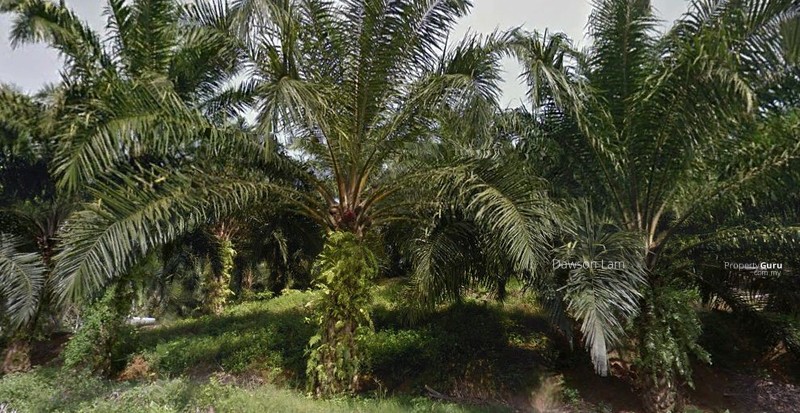AN open letter to the Right Honourable Jeremy Hunt, Secretary of State for Foreign and Commonwealth Affairs, United Kingdom.
Dear Right Honourable Jeremy Hunt,
Warm greetings and we hope your two days stay bring fond memories of our beloved country. It is heartening to read of news report (3 Jan 19) that UK is keeping a close eye on Malaysia’s palm oil development. It was also reported that the European Union has decided to phase out the use of palm oil by 2030.
It is understandable if the Western edible oil industry launches a vicious campaign against palm oil out of commercial interest, even if lies and half-truths are employed. But when governments side with the for-profit industry in phasing out import of palm oil without careful consideration of the facts, then it calls into question fairness and democratic principles Western countries often preach.
Campaign against palm oil by Western edible industry has been mainly on two issues. First, the deforestation and environmental destruction caused by oil palm cultivation. Second, the high saturated fats content in palm oil, and therefore deemed unhealthy.
It is true that in the past vast pieces of land had been cleared for oil palm cultivation, and often, along with it corruption. But that was during the administration of the previous government. Our present government is different and a responsible one. Vast land clearance without a good reason is a thing of the past. Environmental and health protection takes precedence now.
Criticism of Malaysia’s fast deforestation has been unfair. According to a World Bank report in 2018, Malaysia has 67.6% forest of the total land area. In contrast, UK 13%, France 31%, Germany 32.7%, Italy 31.6%, US 33.9%, and Canada 38.2% of their respective total land area. Furthermore, livestock and soy farming in the West cause more deforestation than oil palm cultivation. Canola, soy and corn plants use much more pesticides and herbicides than oil palm.
The criticism towards palm oil as unhealthy because of its high content of saturated fats has flaws. Scientifically the cause of heart attack is unknown. The lipid or cholesterol theory of heart disease is paradoxical with the understanding of human physiology. Our liver has to synthesise the different types of cholesterol to maintain normal physiology.
In 2015 the US and British governments lifted food with saturated fats like butter, eggs, meat, etc, from the ‘naughty food list’, when results in studies contradicting to the lipid/cholesterol theory of heart disease started to surface in the preceding years. In 2017 the British Royal Pharmaceutical Society pronounced the cholesterol theory of heart disease dead, effectively stating that cholesterol was not the cause of heart disease.
Malaysians have been consuming palm and coconut oils (both high in saturated fats) all our lives. The prevalence of heart diseases here is much lower than in Western countries that consume more canola, soy and corn oils (all mostly from GMO crops).
Claims of canola and other oils with unsaturated fats to be healthy have no support from any proper study. In fact, the Lauretti and Pratico study in 2017 published in the Journal of Scientific Reports associated consumption of canola oil with worsening memory, worsening learning ability and weight gain in an animal model study. Another study in 2014 by Marchese and colleagues found vitamin E in canola, soybean and corn oils associated with rising incidences of lung infection and asthma. However, vitamin E from olive and sunflower oils (both non-GMO) improves lungs functions.
Palm oil has the best source of vitamin E because it consists of tocotrienols and tocopeherols. Corn oil has small amount of tocotrienols while canola and soybean oils have none, but only tocopherols, making the quality of vitamin E in these oils of inferior quality. Incidentally, Malaysia’s vitamin E, extracted from palm oil, is the best in the world. There are several studies pointing to the other benefits of palm oil other than the high quality vitamin E.
The intention here is to make the case for palm oil. Not to impose on consumers in Europe what oil they should consume. It is an appalling lack of consideration for governments to ban import of palm oil.
Thank you, Your Right Honourable.
Yours sincerely,
Capt Dr Wong Ang Peng (Rtd)
Researcher (in heart disease).
President, Society of Natural Health Malaysia.
Director, Dr Rath Health Foundation, South East Asia.
Member, National Patriot Association (Patriot).















